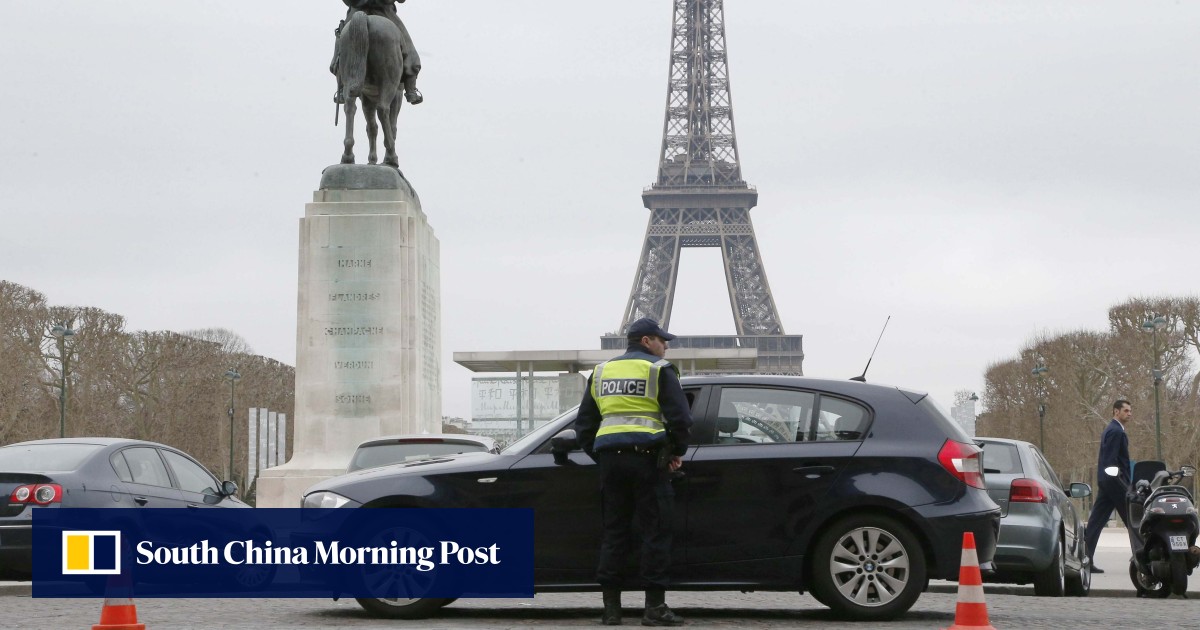Updated
Oct 30, 2024, 07:08 PM
Published
Oct 30, 2024, 07:05 PM
SEOUL - A South Korean court on Oct 30 handed a 10-year jail term to a man who spread deepfake porn images of women who attended the nation’s top university.
South Korea is grappling with a deepfake porn crisis after sprawling Telegram chat groups were identified in 2024, often preying on female students and staff at schools and universities.
In one of the most high-profile early cases, between 2021 and April 2024, two men created and distributed nearly 2,000 degrading AI-generated pornographic images of women who attended the same alma mater as the men, Seoul National University.
One of the two offenders, surnamed Park, was sentenced to 10 years in prison, while the other assailant, surnamed Kang, received a four-year sentence, a spokesperson for the Seoul Central District Court told AFP.
The two men “committed a digital sex offence of ‘humiliation of acquaintances’ against their alumni at a university where the nation’s brightest minds are gathered”, the court said in its ruling.
“The victims lived in fear and anxiety, suspecting all male acquaintances until the defendants were apprehended,” it said, adding that they also had to “live in constant unease and the recovery from their trauma (was) nearly impossible”.
Typically punishments for deepfake crimes have been far weaker, with court and police data released by lawmakers suggesting prosecution rates were low, and fine or probation the most likely outcome.
Since deepfake crimes became punishable in South Korea in 2020, the 10-year sentence is “the most severe penalty that has been handed down, as far as I know”, lawyer Song Ji-eun, who represented 15 of the victims, told AFP.
“The court’s ruling, which affirmed the need for strict punishment of deepfake crimes in our society and imposed a heavy sentence, is highly significant,” Ms Song and her colleague, lawyer Jo Yoon-hee, said in a separate statement.
One of the victims told AFP in August that it had been a “huge trauma” to bring her assailant to justice after she was hit in 2021 with a barrage of Telegram messages containing deepfake images showing her being sexually assaulted.
She had rarely interacted with Park while attending the Seoul National University, but always thought he was “gentle”.
In a letter submitted to the court prior to the ruling, the victim accused Park of screen-capturing her profile images on South Korea’s most popular messenger app KakaoTalk and using them to create degrading pornography.
While creating and distributing such images, Park repeatedly said things like “rape is the answer for feminists”, viewing Telegram as a “safe space” where he believed he wouldn’t be caught for making such remarks, the victim said in the letter.
The offenders had requested leniency in sentencing, citing their own mental health struggles.
But the court on Oct 30 concluded the men’s “actions were a twisted manifestation of inferiority and hatred toward socially successful women”, fueled by the anonymity that Telegram provides. AFP

 By The Straits Times | Created at 2024-10-30 13:20:05 | Updated at 2024-11-05 16:19:51
6 days ago
By The Straits Times | Created at 2024-10-30 13:20:05 | Updated at 2024-11-05 16:19:51
6 days ago








